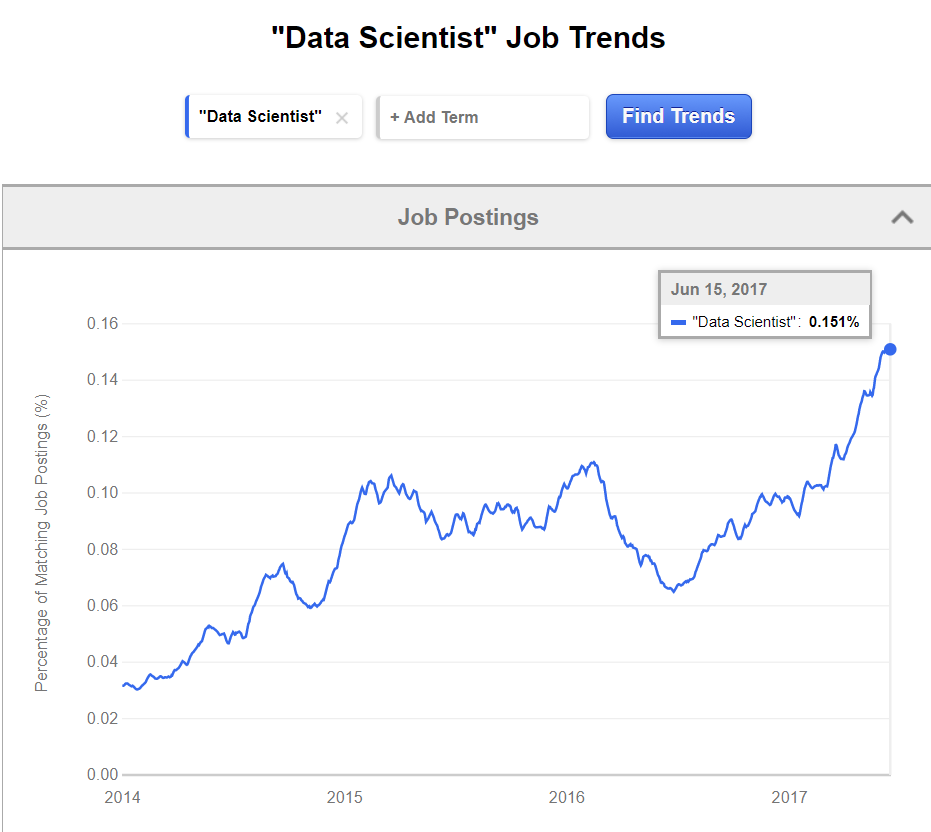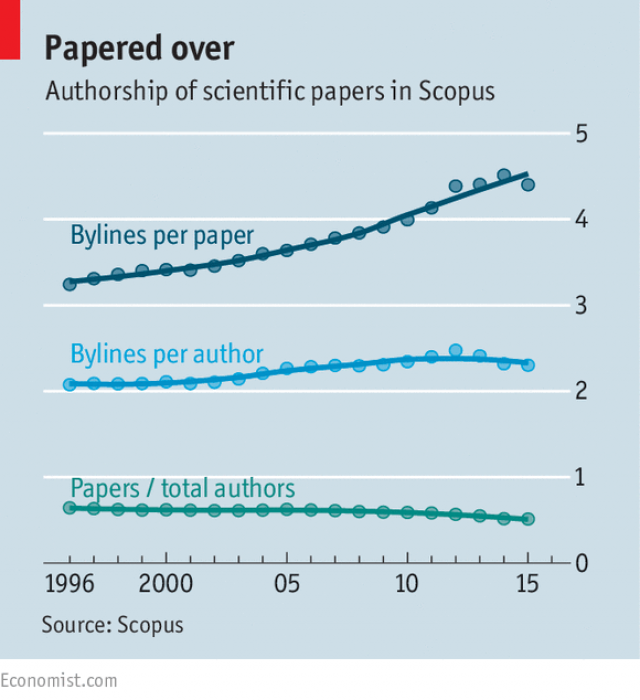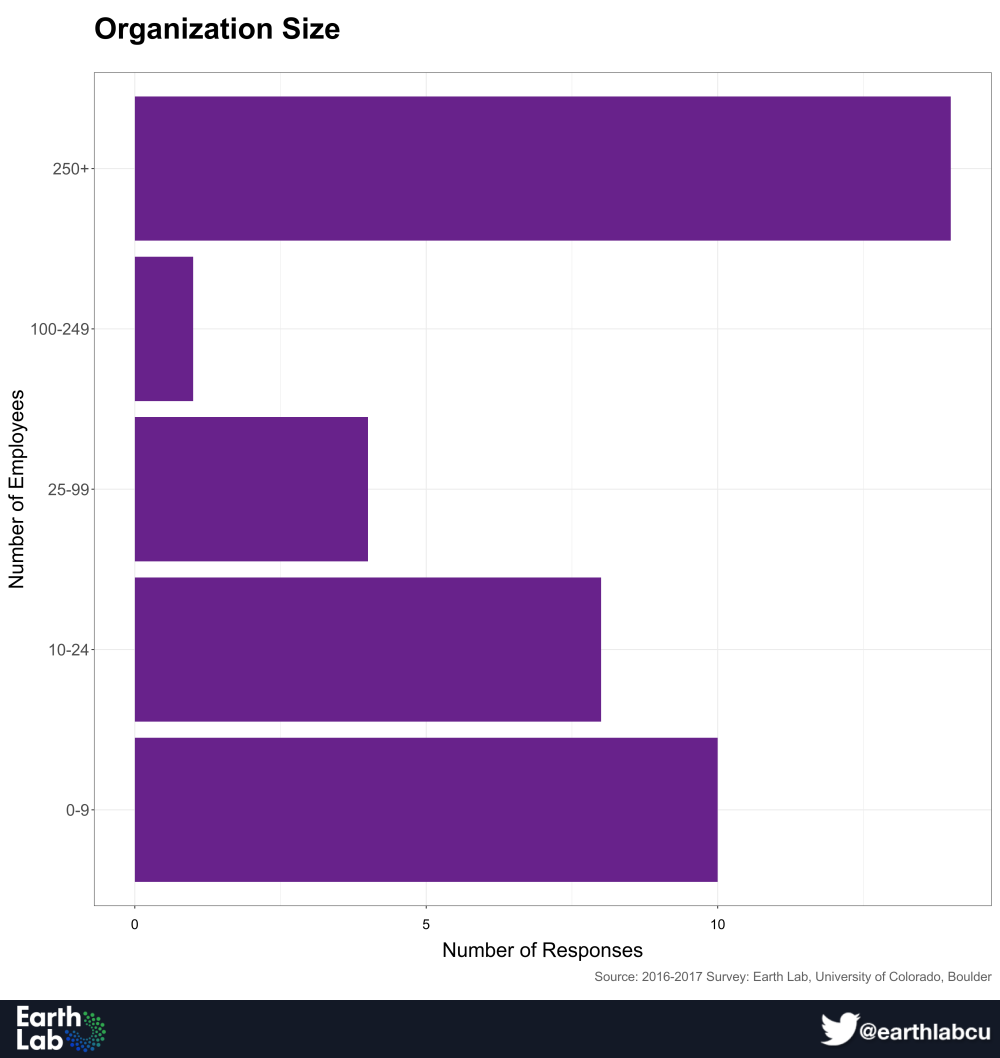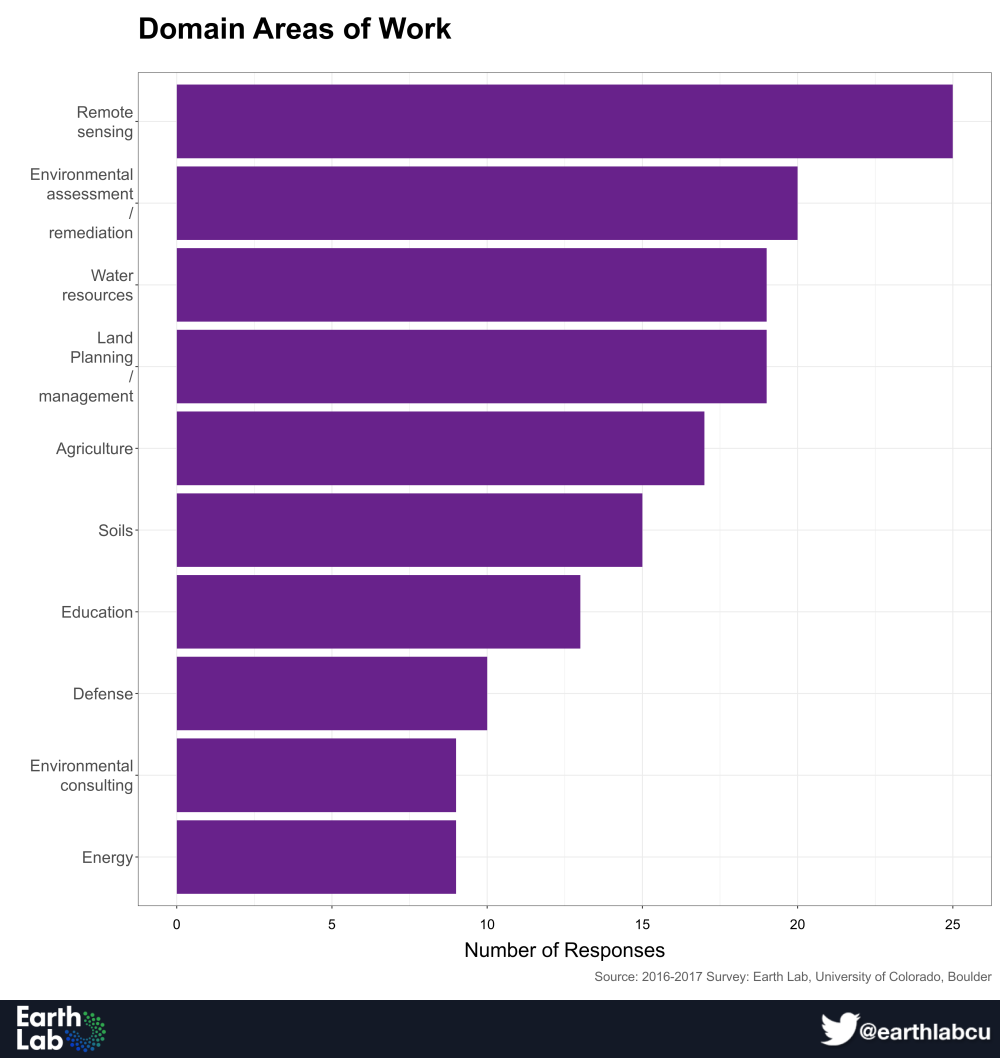Why Earth Data Scientists Are In Demand: A Survey of Hiring Managers
Earth analytics, also known as Earth data science, is a field that uses data science techniques to study Earth processes and solve environmental issues. This rapidly growing field requires a mastery of both Earth science and data science, a combination highly sought after in academia and industry. Read on to uncover what it takes, according to hiring managers, to work in Earth data science.
A Data-Driven World
Data are tied to everything that you do. From posting on social media to buying groceries at the store, data are used to capture your actions. Remote sensing data, collected by drones, airplanes and satellites, help us better understand the Earth. Advances in remote sensing technology in recent years have provided enormous opportunity for business applications and furthering human knowledge of Earth systems.
Career Opportunities in Data Science Continue to Grow
There has been an explosion of careers in the realms of data science, big data and data analytics . These fields require knowing how to work with different data types using various methods, including scientific programming and coding. In Glassdoor’s 2016 and 2017 Best Jobs in America surveys, “data scientist” ranked number one, based on number of job openings, salary and overall job satisfaction rating. The demand for data scientists continues to increase.

Data science skills are increasingly required in scientific career tracks. Yet, data science is advancing so quickly that professionals and universities are struggling to keep up.
There Are Not Enough Data Scientists to Meet Demand
As the demand for data science skills increases, there is a deficit in the supply of these unique skills in the job market. According to the McKinsey Global Institute’s The Age of Analytics: Competing in a Data-Driven World report, the U.S. will experience a shortage of 250,000 employees trained in data skills by 2024. Employers are responding by increasing salaries. The average wages for data scientists in the U.S. rose by about 16 percent per year from 2012 to 2014, compared to 2 percent across all occupations .
Earth Analytics: A New Frontier
Earth analytics is a cutting edge field that combines knowledge of Earth sciences with data science skills to study environmental processes, address technological challenges associated with collecting and analyzing data, develop new data collection methods and more.
The increasing availability of data coincides with an increase in job opportunities that require the use, management and understanding of scientific data. As a result, Earth analytics is a growing niche.
Earth systems data can be combined with demographic, social and behavioral data in new and creative ways to understand how humans interact with and impact their environment. Understanding these changes and interactions is critical to:
- Scientific efforts to address important environmental issues
- Industry efforts to build new and innovative tools
Earth Scientists Need Data Science Skills
Some of the data scientist shortage can be attributed to a need for professionals who have both technical data skills and knowledge in a specific discipline. The demand for these coupled skills has led to an explosion in business analytics and health analytics master’s degree programs. Earth analytics skills are equally critical to today’s society and economy.
The nexus of data science and Earth science is so cutting edge that only a handful of advanced programs teach these skillsets together.
For example, in scientific efforts to better predict forest fires, understanding how to analyze remote sensing data and create maps is just as important as scientific knowledge of Earth systems and landscape ecology. This highly sought after marriage of skillsets make Earth analytics experts uniquely qualified to fulfill the demands of this fledgling field.
Seeking Interdisciplinary and Collaborative Professionals
In addition to possessing data science skills, successful scientists today need to be able to collaborate on interdisciplinary teams. Science questions are bigger and broader than ever before, requiring more knowledge across more disciplines to find answers. This trend may be seen through the increase in authors in research publications.
The average number of authors on research papers has grown from 3.2 to 4.4 between 1996 and 2016. One research paper on the Large Hadron Collider had more than 5,000 authors.

A similar demand for interdisciplinary skills is seen in the private sector. Most real-world project scenarios involve working across disciplines and in teams, requiring flexible individuals who can adapt, communicate remotely and in-person, and collaborate.
Yes, it’s a tall order to have interdisciplinary expertise, know how to code, understand open science methods and work well with others. Fulfilling this order will also make you a hot commodity in the workforce and in some of the most reputable businesses and institutions today.
Demand For Earth Data Scientists: A Survey of Hiring Managers
In 2016, Earth Lab conducted a survey of private and public sector hiring managers in the science community to better understand what skills are most in demand in today’s data-driven job market. Survey participants included hiring managers and scientists in academia and the private sector. They shared the desired skillset when hiring for positions like:
- Geospatial analyst
- GIS specialist
- Remote sensing scientist
- Environmental scientist
- Spatial statistician
Participants were employed at universities across the U.S. and Canada or at companies such as DigitalGlobe, ESRI, Harris and Lockheed Martin. While the participant base was not completely randomized in this survey, results provide valuable insight into the future of Earth analytics.
Participants were employed at organizations that ranged in size and domain areas of work. Domain areas of work were within the realm of Earth sciences, involved computational components and included both basic and applied science. Particular tools were more commonly used in particular domains.


Why Are Earth Data Scientists In Demand?
Here are a few high-level traits and skills that hiring managers look for in job candidates. These traits may be difficult to find, which is why Earth Data Scientists are in demand.
1. They Are Specialized, Interdisciplinary Experts
Applicants with expertise and professional credentials in multiple disciplines are often highly sought after. When asked to describe the skills and expertise of an ideal candidate for a job in their organization, a survey respondent highlighted the synergy between data science and Earth science:
[I want to see] discipline specific skills, i.e. geology, geophysics, geochemistry, remote sensing, coupled with varying degrees of computing/data skills. [Moving] forward more experience manipulating large datasets, scripting, programming via Python for example will be important. -Brian Krzys, Exploration R&D, Newmont Mining
2. They Know How to Code
Traditionally, professionals in the Earth sciences followed a linear career tract, garnering expertise in geology, ecology, biology, etc. Earth scientists who integrate coding and scientific programming skills into their repertoire are sought after. One survey participant stated seeking candidates who possessed:
Science and technology understanding with demonstrated programming skills. -Hiring Manager, Northrup Grumman
3. They Understand Reproducibility and Open Science
According to some hiring managers, simply being able to code isn’t enough. Survey respondents explained that candidates should be able to code in a way that is reproducible and easy for others to understand. One hiring manager noted that candidates should be:
Able to write elegant, reproducible research-grade, code in R or Python.
4. They Have Critical Thinking Skills
Critical thinking skills involve thinking beyond traditional approaches; this may be exhibited through proven experience communicating and collaborating across departments or disciplines. Surveyed employers noted that beyond data science skills, they seek applicants with an ability to think critically and use interdisciplinary approaches to solve problems:
We want candidates who are equipped to transform cutting edge science from academic/research into high-performance, secure and reliable, operational systems to solve current and emerging defense, intelligence, civil and environmental missions. This includes adapting and re-purposing capabilities/algorithms for similar missions beyond the original science/theory objective. -Hiring Manager, Net-Centric Design Professionals, LLC
Broadly, the combination of data science and Earth science skills are an asset for job seekers in the current market. Earth data scientist jobs may be the most lucrative niche in the data scientist job landscape.

Earth Data Science Opportunities
There is tremendous opportunity in academic and private industry for employees with expertise in Earth sciences and data science, especially when coupled with an ability to collaborate across disciplines. Aside from career stability and success, experts in this particular intersection of disciplines may be uniquely prepared to solve some of the world’s most pressing socio-economic and environmental challenges.
What skills have you found to be most important in your job search, current position, or organization? Comment below.
Interested in learning more about Earth analytics? The University of Colorado - Boulder, Earth Lab offers a professional graduate certificate in Earth Data Analytics - Foundations. Learn more here
What is Earth Lab?
The Earth Analytics Education Initiative is a part of Earth Lab housed in the Cooperative Institute for Research in Environmental Sciences (CIRES) at the University of Colorado, Boulder. Earth Lab develops programs and courses in the field of Earth analytics. It’s primary objective is to help students and professionals acquire the skills necessary for a meaningful Earth data science career.
Share on
Twitter Facebook Google+ LinkedIn
Leave a Comment